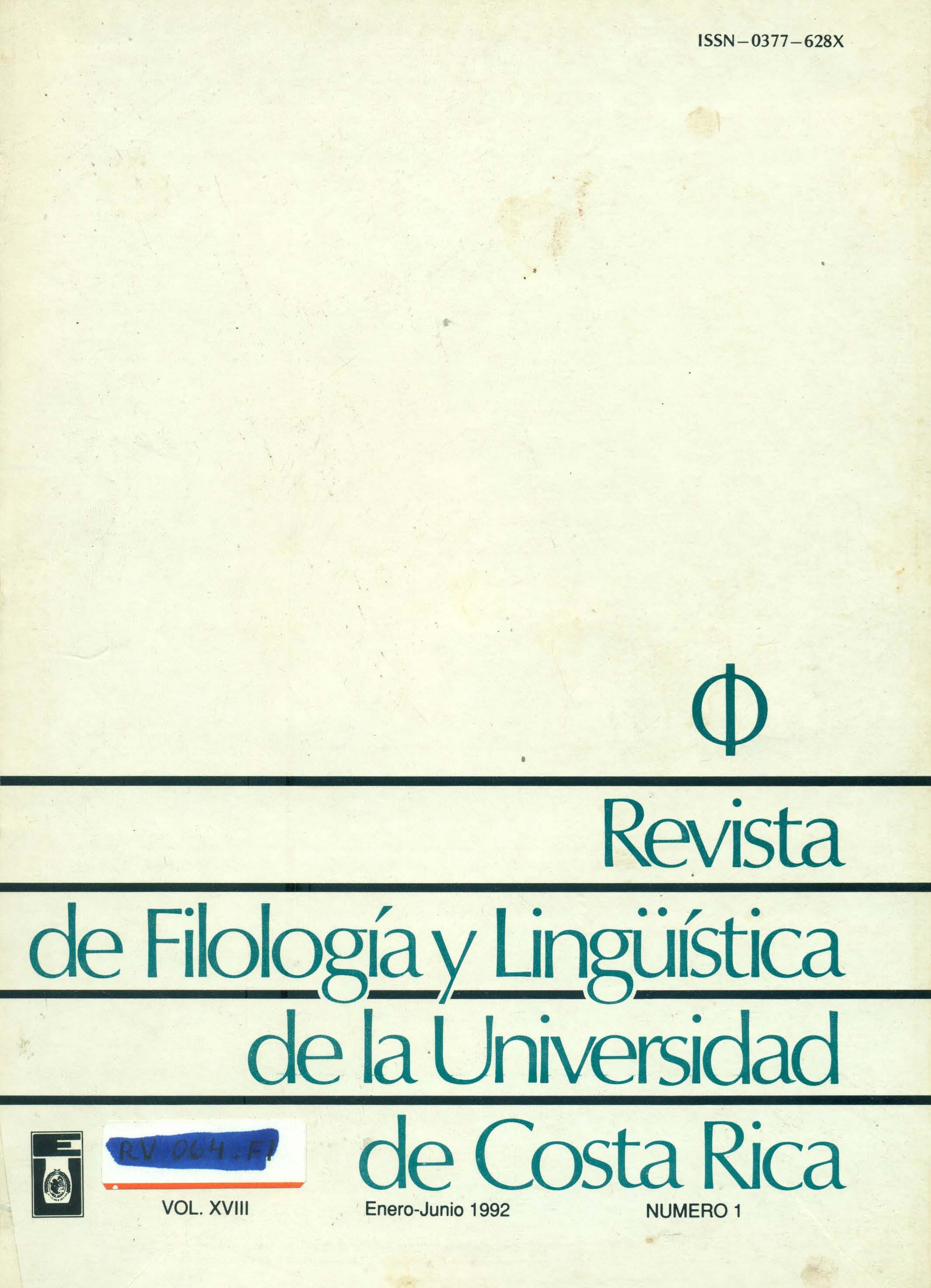Resumen
El trabajo alemán Philander von Mittenwald por Moscherosch es una adaptación libre de sátiras morales de Quevedo conocidos como Los Sueños. En la versión alemana, dos cosas destacan que puede ser entendido como Moscherosch propias contribuciones. Por un lado, nos encontramos con un patriotismo exagerado que podríamos llamar su teutomanía, o "alabanza de todo teutónica", y por otro, su xenofobia, es decir, su "aversión contra un determinado grupo de extranjeros a los que llama el" Wülsche ". Al atacar a este grupo de personas, Moscherosch inicia una tradición literaria de los prejuicios raciales contra los europeos del sur, que continúa en la literatura alemana bien entrado el siglo XX.
The German work Philander von Mittenwald by Moscherosch is a free adaptation of Quevedo's moral satires known as Los sueños. In the German version, two things stand out that can be understood as Moscherosch own contributions. On the one hand, we find an exaggerated patriotism which we might call his teutomanía, or "praise of everything Teutonic", and on the other, his xenophobia, that is, his "aversion against a certain group of foreigners whom he calls the "Wülsche". By attacking this group of people, Moscherosch starts a literary tradition of racial prejudice against the Southern Europeans which continues in German literature well into the XXth century.
Citas
Bechtohold, A. "Moscheroschs-Bildnisse", ZfBf, N.F., Nr 6, parte 2, cuaderno 10 (1914-1915): 269-278.
Beinert, Johannes. Deutsche Quellen und Vorbilder zu H. M. Moscheroschs Gesichten Philanders von Sittenwald. Diss. Albert-Ludwigs-Universitat zu Freiburg 1. Br. 1904. Freiburg 1. Br.: C.A. Wagner Universitats- Buchdruckerei, 1904.
Brandt, Sebastian. Narrenschijf ed. F. Bobertag. Deutsche National-Liueratur, vol. 16 Berlin und Stuttgart: Verlag von W. Spemann, s.d. Faber du Faur, Curt von. "Johann Michael Moscherosch, der Geangstigte". Euphorion 51 (1957): 233-49.
Geneste, Sieur de la. Les Visions de dom Francisco de Quevedo y Villegas. Paris: chez Pierre Billaine, 1635.
Grunwald, Stefan F.L. A Biography of Johann Michael Moscherosch (1601-1669). Berne: Herbert Lange & Co. Ltd., 1969.
Gryphius, Andreas. Absurda Comica oder Herr Peter Squentz. Ed. G. Dünnhaupt and K. H. Habersetzer. Stuttgart: Philipp Rec1am Jun., 1983.
Hutten, Ulrich. Clag und vormannung gegen dem úbermdssingen unchristlichen gewalt des Bapstes. Ed. Dr. Balke. Deutsche National - Litteratur. vol. 17, 2 parte. Stuttgart: Union Deutsche Verlagsgesellschaft. S. d.
Kühlmann Wilhem and Schaf'er Walter E. Frühbarocke Stadtkultur am Oberrh e in.Studien zum literarischen Werdegang J.M. Moscheroschos (1601-1669). Berlín: Erich Shmidt Verlag, 1983.
Mitchell Morse, J. Prejudice in Literature . Philadelphia: Temple University Press, 1976.
Moscherosch, Hans Michael. Visiones de Don Quevedo. Wunderliche und Wahrhafftige Gesichte Philanders von Sittenwald. Strassburg: bey Johann Philipp Mülben, 1642.
Murner, Thomas. Von dem grossen Lutherischen Narren. Ed. Dr. Balke. Deutsche National - Literreratur, vol. 17, primera parte. Stuttgart: Union Deutsche Verlagsgesellschaft, s.d.
Nolting-Hauff, Ilse. Yision, Satire und Pointe in Quev edo'í'Sueños'', München: Wilhlem Fink Verlag, 1968.
Quevedo, Francisco, Obras completas en prosa de Quevedo, vol. 1. Ed. L. Astrana Marín. Madrid: Aguilar, 1932.
Shafer, Walter E. Johann Michael Moscherosch, Staatsmann, Satiriker und Püdagoge im Barockzeitalter. München: Verlag C.H. Beck,1982.
Schmidt, Erich. Charakteristiken. Berlin: Weidmannsche Buchhandlung, 1886.

